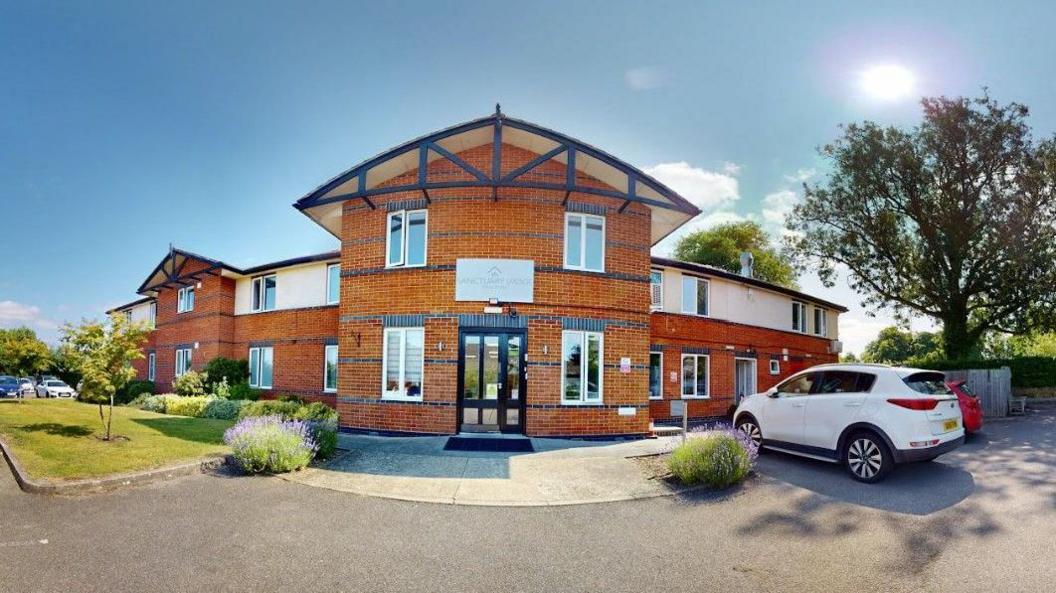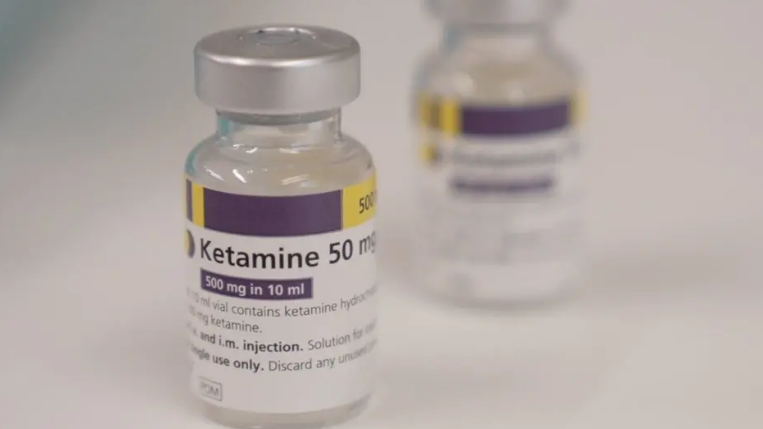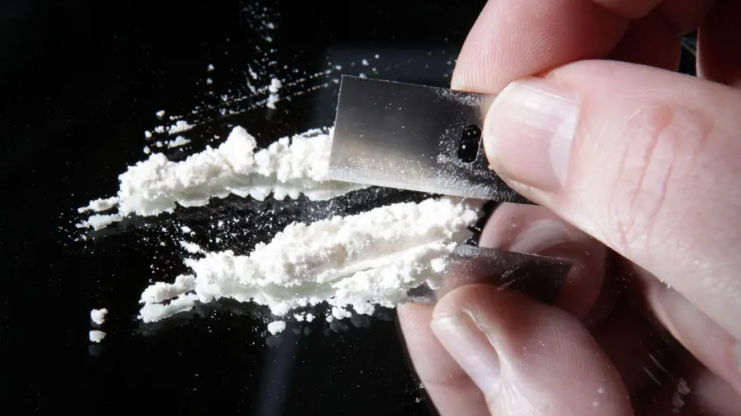Rehab facility sees ketamine cases more than double

Jade Clark, who manages Sanctuary Lodge in Halstead, says people are not properly aware of the consequences of taking ketamine
- Published
Staff at an Essex-based rehabilitation facility say admissions relating to ketamine use have more than doubled in the past five years.
Jade Clark, manager of Sanctuary Lodge in Halstead, said people were not fully aware of the consequences of taking ketamine and that admissions for using it this year were already higher than the whole of 2024.
She warned about the damage that long term use could have on the bladder, saying patients would "regret the physical consequences" of taking it.
"Some of them get to a point where they have to have urine bags fitted for the rest of their lives and that has a massive impact on their self-esteem and confidence," she said.
Often referred to as ket, Special K or just K, ketamine is a powerful horse tranquilliser and anaesthetic. It is a licensed drug and can be prescribed medically.
When misused, it can cause serious and sometimes permanent damage to the bladder.
It is currently a Class B drug under the Misuse of Drugs Act 1971 - and the penalty for possession is up to five years in prison and/or an unlimited fine.

Ketamine is a licensed drug and can be administered legally as a painkiller
The drug came under the spotlight following the death of Friends actor Matthew Perry.
A coroner found ketamine had been the primary cause.
Ms Clark says the drug is easy to obtain and is more affordable that drugs such as cocaine, which makes it a viable alternative for some people - but the consequences can be fatal.
"The drug can be equally as damaging to the body as any other substance - it can be fatal and slow down your breathing," she said.
"A lot of the people we see who take ketamine are in their 20s but we have seen people as young as 16."
'Ket cramps'
A recent study by King's College London suggested ketamine deaths had increased 20-fold since 2014., external
Finley Worthington, who runs a rehab service called Ketamine Education Services, is currently recovering after taking the drug for six years after being introduced to it at a music festival.
"I started getting ket cramps - I can't put into words how painful it was - I was rolling around on the floor like a baby with tears in my eyes," he said.
"Soon after that, I found blood and then a jelly-like substance in my urine - but I was addicted so it was hard to stop.
"I became really scared and didn't know where to turn until I eventually discovered rehab.
"The scary part for me is that children are taking it - you have children at the age of nine taking it. We need to be going into schools talking about it a lot more to warn them of the dangers."
"I believe with the ages we see people taking it we need to be talking to Years 5 and 6," he added.
A government spokesperson said the recent rise in ketamine use was "deeply concerning".
"The Minister for Policing and Crime Prevention has requested advice from the Advisory Council on the Misuse of Drugs about reclassifying it as a Class A drug, and will consider that advice carefully and quickly once received," they said.
Get in touch
Do you have a story suggestion for Essex?
Follow Essex news on BBC Sounds, Facebook, external, Instagram, external and X, external.
- Published21 August
